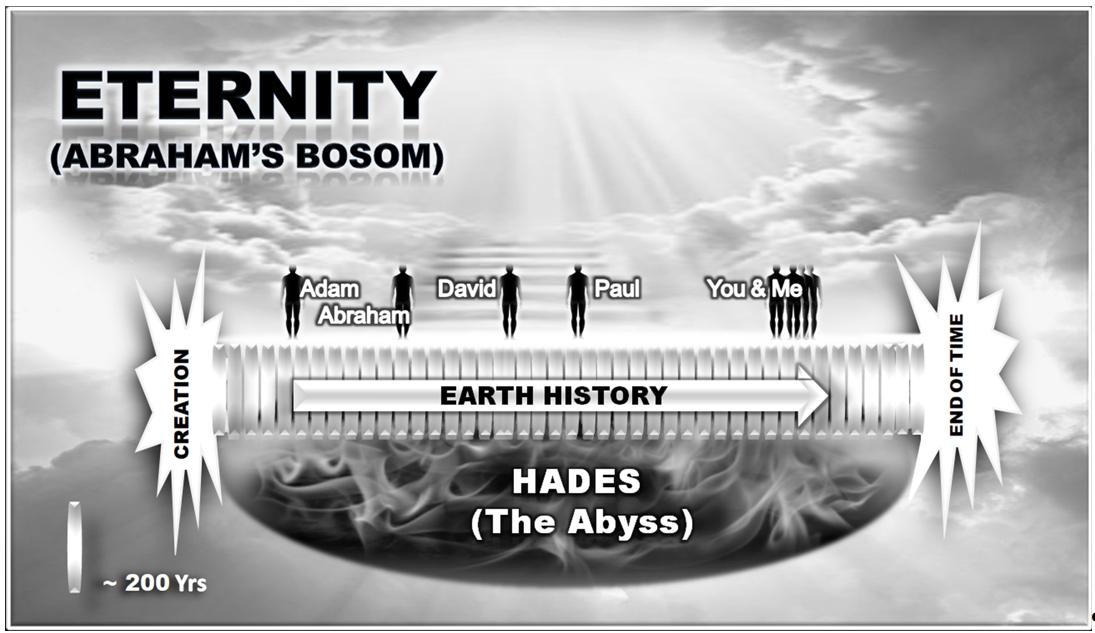How can 'what must soon come to pass' be reconciled with ~2000+ years?
The OP's question if very interesting because it parallels the words of Peter:
2 Peter 3:3-4a: "Know this [that] in the last days mockers will come with their mocking, following after their own lusts, 4and saying, “Where is the promise of His coming?'" (emphasis added).
Unfortunately, I can only scratch the surface of this subject. Recall what is said in dozens of passages, including these:
1 Thessalonians 4: “Then we who are alive and remain will be caught up together with them in the clouds to meet the Lord in the air, and so we shall always be with the Lord.”
1 Thessalonians 5:2: “For you yourselves know perfectly that the day of the Lord so comes as a thief in the night.”
Luke 12:39: “But know this, that if the master of the house had known what hour the thief would come, he would have watched and not allowed his house to be broken into.”
Everyone who is saved will meet the Lord in the air at the same time exactly as we're told -- as I'll describe in a moment. The Lord’s Return represents the eventuality of all the faithful, presumably including Adam and Eve, dating back to the beginning of the human race. Preferential treatment seems especially unlikely; one way or another, everyone is a descendant of our great ancestor, Adam, and “[All] have sinned and fall short of the glory of God” (Romans 3:23). Moreover, God does not play favorites; it would be egregiously unfair that a single generation, say, in the year 3000, would be the only one to witness arguably the greatest event in the history of the world.
I've included a figure below intended to depict how every faithful soul is immediately ushered into the Presence of the Lord, clothed with immortality, and, the encounter coincides with Christ's Return: “We will be caught up together to meet Him in the air.”
You see, as far as we on Earth are concerned, time continues to forge onward for those who remain. However, it must be emphasized that, for the faithful who have departed this world, there is no longer any passage of time –- an irresistible consequence of timelessness. Again, although these conditions represent a future event to us, no saved soul will exist as a disembodied spirit without physical form. One might conceptualize the proposed circumstances this way: our individual death and Christ’s return are essentially synonymous. (Yeah, I know.)
An analogy might suffice: Suppose we see our close relatives off on a railway journey to another city. But, as soon as they arrive, they are thrilled to discover that we are on the train with them. The reason that no one is yet in heaven (Acts 2:34, etc.) is that we are not yet there either. But as soon as we arrive, all of the faithful dating to the end of physical time will be there along with us in that same eternal moment!
Christ could return in five minutes, since no one can know when the event will occur, despite the fiction by many modern-day “prophets” who adamantly claim otherwise. Besides, if my calculations are correct -- all based entirely on Scripture -- "when" Christ returns is completely irrelevant: we will all see the event indistinguishably from one another. To date, I've discovered over 150 passages (I understand there are over 300) detailing the Lord's Return, probably the central theme of the New Testament.
What is crucial to understand is the great distinction between time in this world and the timelessness of eternity. I'm sure you are aware of the phrase that the New Testament uses to describe Christ's Return, "As a thief in the night" (Mk. 13:32, Lk. 12:39, 2 Pet. 3:10, 1 Thess. 5:2, Rev. 16:15)?
Well, let's think carefully about that. What event in everyone's life comes to them suddenly without warning? Think of how you might encounter some fatal accident. Or consider someone who has been bedridden for months, each day expecting everything to be at it was so many days prior: all without incident. That is until we each experience our last day: the end of our physical life on earth. This is the day we step into eternity, a realm where time ceases to elapse (certainly, as we now recognize it). Nowhere does the Bible teach that Christ will ever set foot on Earth again; no, we will step into His Presence in the clouds (Acts 1:11, 1 Thess. 4:17).
 [Figure by Xenolithic]
[Figure by Xenolithic]
This is the way I believe we should view our lives outside of time: We enter the eternal realm at the same timeless instant (if we are saved) as everyone else. I do not believe this is true for those who are lost (Luke 16:19ff) and are currently suffering the torment of fire (i.e. "spirits in prison", 1 Pet. 3:19, 2 Pet. 2). But note that Lazarus was in "Abraham's Bosom." Where is that, exactly? After all, Noah died long before Abraham was born. I submit to you that Abraham's Bosom is heaven itself. That is why I believe we never hear Lazarus in that famous exchange -- he is entering paradise, but not quite there yet. As well, Abraham was looked upon by the Jews as their father. I suggest that "Abraham" in that narrative is actually God.
I can elaborate further in the future if you'd like. There is so much more than this that it's truly breathtaking.
Xenolithic
